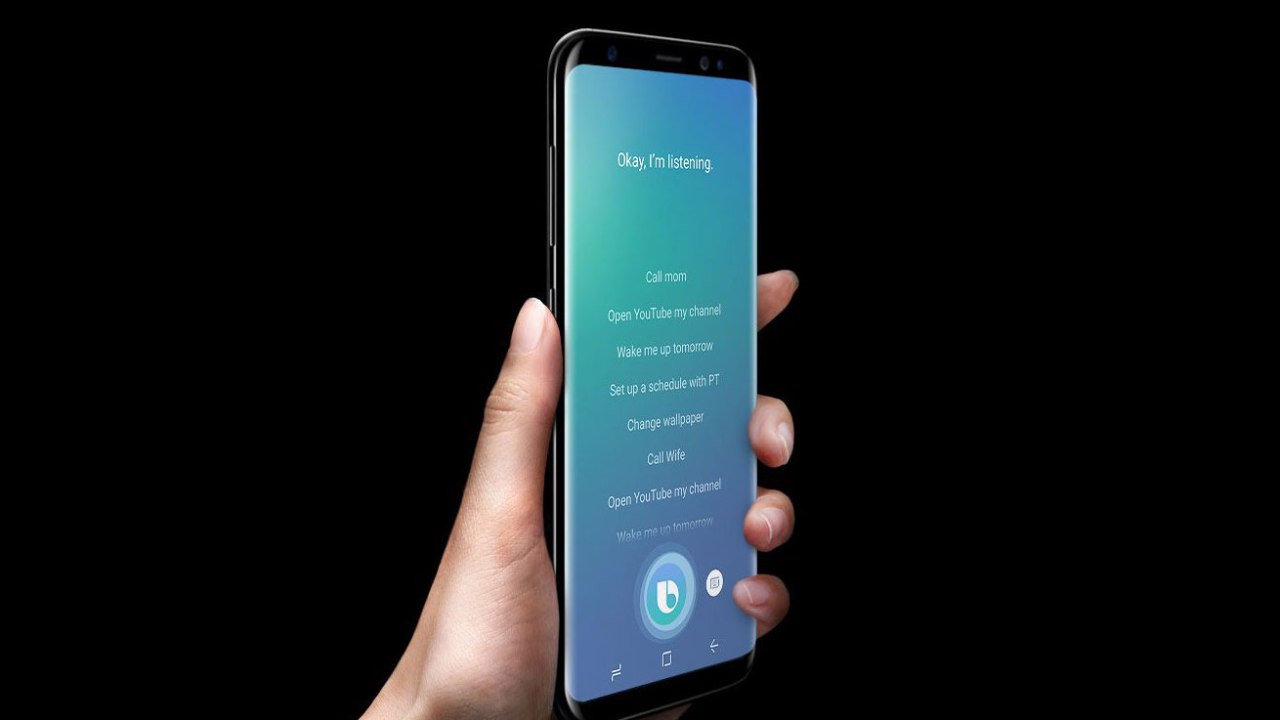The digital assistant landscape is buzzing with innovation, and Samsung’s Bixby has made waves with its recent global rollout. First introduced to users of the Galaxy S8 and S8+, Bixby has transitioned into more than just a voice recognition tool; it’s becoming a sophisticated personal assistant capable of understanding and responding to user needs across various platforms. Let’s delve deeper into Bixby’s journey, its current capabilities, and what the future holds for this formidable competitor in the AI assistant arena.
A Bumpy Road to Global Launch
Samsung’s unveiling of Bixby was met with much anticipation, especially among Galaxy S8 enthusiasts. However, its initial launch encountered some hurdles. Bixby did not debut with the Galaxy S8 in March, but rather arrived later with a ‘preview’ version in June. The full launch saw voice-control capabilities added in July for Korean and U.S. users. Despite these challenges, the voice assistant finally expanded to more than 200 countries, making it a global player.
What Sets Bixby Apart?
In a world saturated with virtual assistants like Apple’s Siri and Amazon’s Alexa, Bixby differentiates itself through its contextual awareness and device integration. Here are some features that make Bixby notable:
- Enhanced User Interaction: Bixby understands commands based on the context of the situation, allowing for a more intuitive experience.
- Multi-Device Integration: Initially exclusive to Galaxy S8 and S8+, Samsung is working on expanding Bixby’s availability to other devices, paving the way for a cohesive ecosystem.
- Third-Party App Compatibility: The ongoing efforts to incorporate third-party apps will enable users to perform tasks seamlessly across different platforms.
The Future of Bixby: Beyond Phones
As Samsung sets its sights on the future, the role of Bixby is expected to evolve significantly. There are strong indications that the assistant will transition beyond smartphones, possibly into dedicated devices like a smart speaker. This move could change how consumers interact with their home technology, promoting a more integrated smart home experience.
Moreover, Samsung aims to enhance Bixby’s learning capabilities, enabling it to provide personalized experiences that remember user preferences and adapt over time. This evolution is essential as consumers increasingly seek assistants that cater to their unique lifestyles and habits.
Conclusion: Riding the Wave of Innovation
The global expansion of Samsung’s Bixby is just the beginning of a transformative journey. As it continues to refine its features and capabilities, Bixby is poised to become a key player in the realm of digital assistants. By focusing on contextual understanding, device interoperability, and personalized interactions, Samsung is on track to redefine the virtual assistant experience for consumers worldwide.
At fxis.ai, we believe that such advancements are crucial for the future of AI, as they enable more comprehensive and effective solutions. Our team is continually exploring new methodologies to push the envelope in artificial intelligence, ensuring that our clients benefit from the latest technological innovations. For more insights, updates, or to collaborate on AI development projects, stay connected with fxis.ai.

